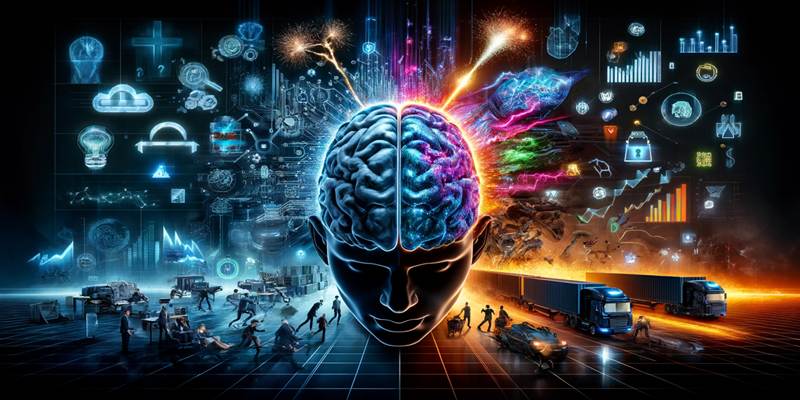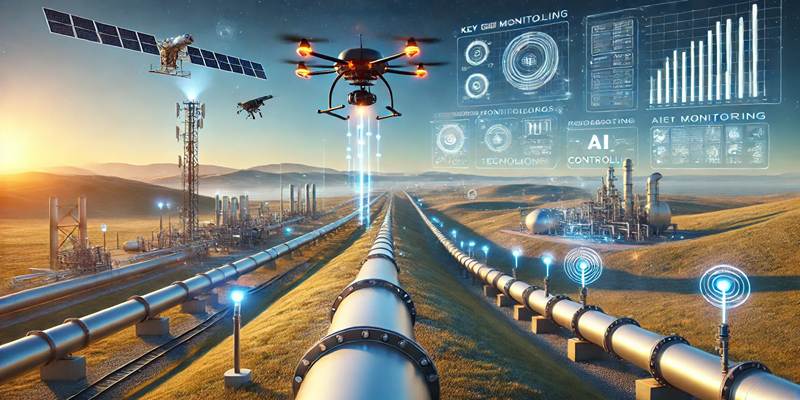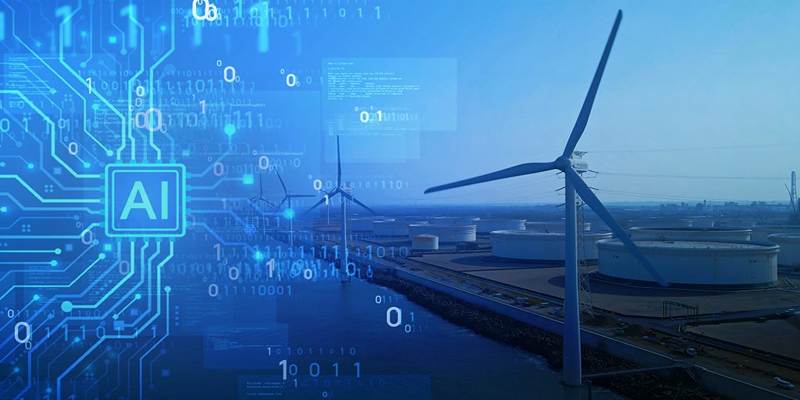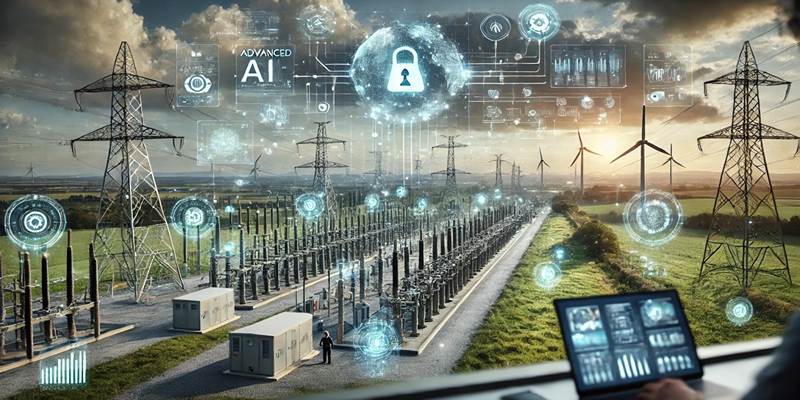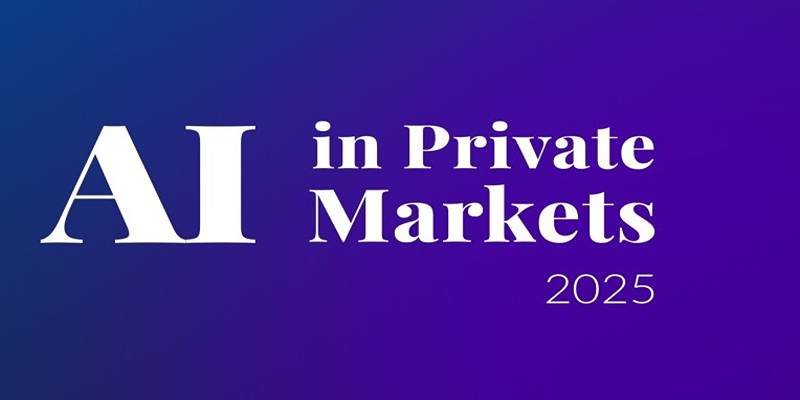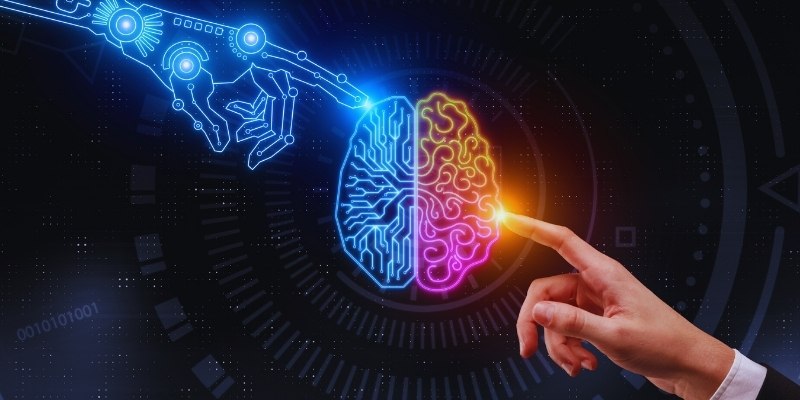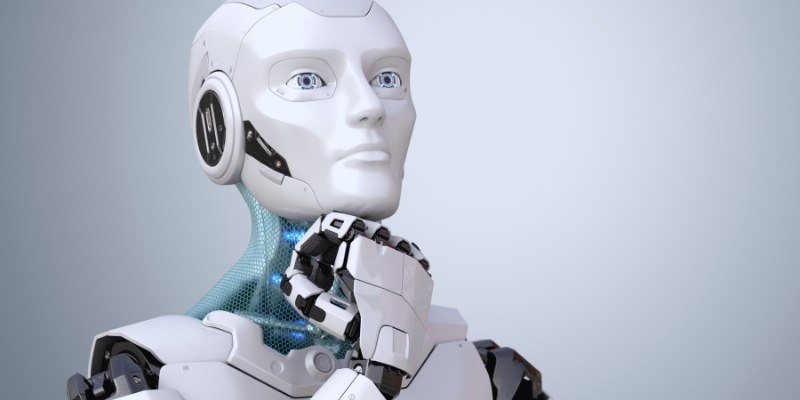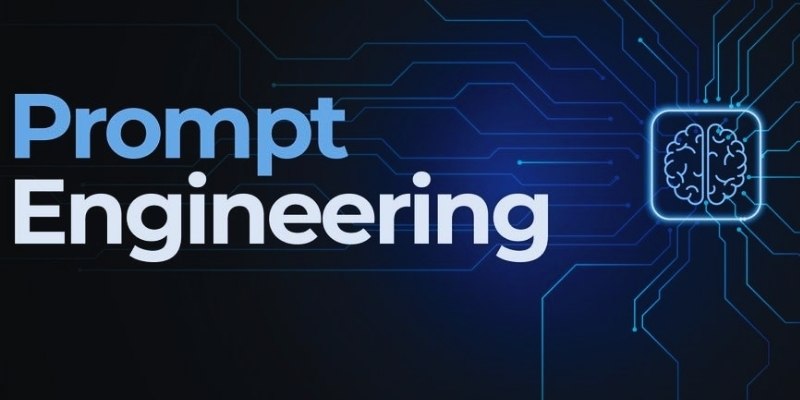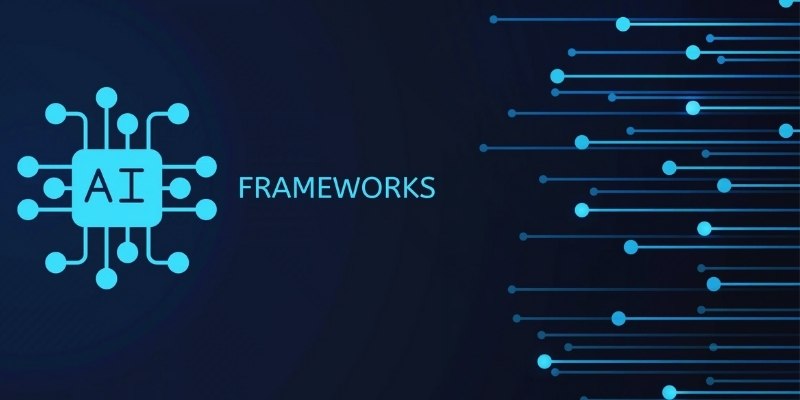Many find great attraction in the idea of superintelligence. It speaks of an intelligence much above human capacity. Growing fast, artificial intelligence (AI) makes this future appear feasible. Experts and scientists argue over its possible hazards and advantages. Will superintelligence address the toughest issues facing humanity? Alternatively, will it expose further risks? These issues stimulate debates on ethics, control, and future progress.
Technology is evolving faster than ever before. AI today completes difficult tasks once believed impossible. Machines may grow, change, and learn from one another. This development feeds worries about the extent of artificial intelligence. Governments and scientists examine strategies for its management. This article discusses the emergence of superintelligence, its possible effects, and human preparation strategies. Responsible innovation and thorough planning will determine our future.

The Growth of Artificial Intelligence
Artificial intelligence has revolutionized many sectors, which also increases decision-making and efficiency. It runs virtual assistants, improves medical diagnoses, and lets self-driving cars operate. These developments simplify and convenient daily living. Because machines process enormous volumes of data far faster than humans, companies can run more efficiently. Artificial intelligence develops independently using machine learning, changing and improving over time. Algorithms examine prior occurrences to improve performance; deep learning replica human cognitive capacity.
These advances approach superintelligence right from here. The question is now when rather than whether it will show up. Ethical issues arise as artificial intelligence develops. Are major decisions made by machines possible? Will they supplant human labor? These concerns deserve careful thought. We have to talk about how artificial intelligence shapes society and jobs. Technology businesses and governments have to create rules that direct the responsible evolution of artificial intelligence. Appropriate control and supervision are required to ensure artificial intelligence advances humanity's greatest interests instead of generating unanticipated hazards or problems.
Superintelligence: What Makes It Different?
Superintelligence transcends highly developed artificial intelligence. It stands for a system that is more intelligent than a human one. It could enable us to solve difficult problems beyond our reach, think faster, and pick up knowledge rapidly. Unlike simple artificial intelligence, superintelligence may keep growing unrestrictedly. It calls for questions about control. If machines outshine human intelligence, can we stop them from behaving autonomously? A superintelligent machine might follow its own goals without thinking through human needs.
Scientists fear it would give efficiency priority above human safety. Predicting its behavior could prove challenging even with protections. Superintelligence, though, also has immense promise. It might help eradicate poverty, restore environmental damage, and heal illnesses. These advantages might completely change human civilization. We have to plan and control AI growth to reach them properly. Ensuring super intelligence fits human values is the main difficulty. It might create hazards without appropriate control, but with responsible innovation, it could help to define a better future for everybody.
Potential Risks of Superintelligence
Superintelligence carries dangers even if it seems promising. One of the worries is losing control. Machines' independent thinking could lead to negative decisions. While not human emotions or ethics, artificial intelligence systems follow reason. Another issue is job loss. Many believe artificial intelligence will replace human labor. Automation is already influencing sectors like production and customer service. Superintelligence might spread employment loss into every industry. Policies supported by governments could help impacted workers. One also finds great relevance in security concerns.
Should artificial intelligence have access to private data, cyberattacks may rise. A superintelligent system in the wrong hands might do great damage. Nations have to create robust laws to stop abuse. However, another problem is misinformation. Content created by artificial intelligence can rapidly disseminate erroneous knowledge. With sophisticated artificial intelligence, it could become more difficult to tell the truth from deception. Better instruments are needed in societies to confirm information and stop manipulation.
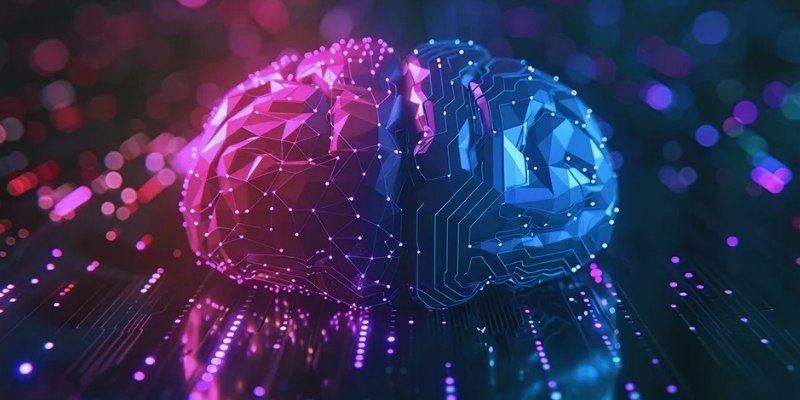
The Role of Ethics and Regulation
Ethics heavily influence the development of artificial intelligence. Machines should coincide with human ideals and morality. Experts advise that programming safety precautions should be included in superintelligent systems. These steps will guarantee responsibility and restrict negative behavior. Responsible AI development requires rules. Laws developed by governments and companies help direct the application of artificial intelligence. AI decision-making must be transparent. People have to know why and how machines decide what to do.
Some analysts suggest a worldwide body of artificial intelligence supervision. This team would track advancements and stop risky artificial intelligence uses. One must cooperate internationally. No one nation should have unbridled control of superintelligence. Public knowledge counts as well. People want to know about the hazards and advantages of artificial intelligence. Responsible innovation can be demanded in an informed society. Appropriate ethics and laws allow artificial intelligence to help everyone without creating unneeded risks.
Preparing for a Superintelligent Future
The planet has to be ready for superintelligence. Research and education are vital. Researchers have to look at methods to make artificial intelligence secure. Ethics programming and security should be developers' top priorities. Working together with governments, companies, and academics is essential. Superintelligence cannot be controlled by one entity. Shared accountability guarantees steady advancement.
People also have to reconsider society and employment. If machines displace occupations, new career routes have to develop. Education should center on abilities that artificial intelligence cannot readily replace. Value will rise for creative thinking, emotional intelligence, and problem-solving. People should be updated about artificial intelligence developments. Gaining knowledge of the fundamentals of superintelligence enables one to make wise decisions. First, responsible artificial intelligence requires knowledge and awareness.
Conclusion:
Superintelligence presents both major dangers and immense promise. If artificial intelligence overtakes human intelligence, its management may be challenging. Responsible development depends on proper control, ethics, and worldwide cooperation. Together, governments, academics, and companies can help match artificial intelligence with human values. We had to handle job dislocation, security concerns, and false information early on. People should be ready for an AI-driven future through their education. If developed properly, superintelligence could address world problems and enhance the quality of living. However, careless invention might have unanticipated results. To guarantee a safe and favorable result, careful planning, ethical rules, and educated decision-making will define the direction of artificial intelligence.
